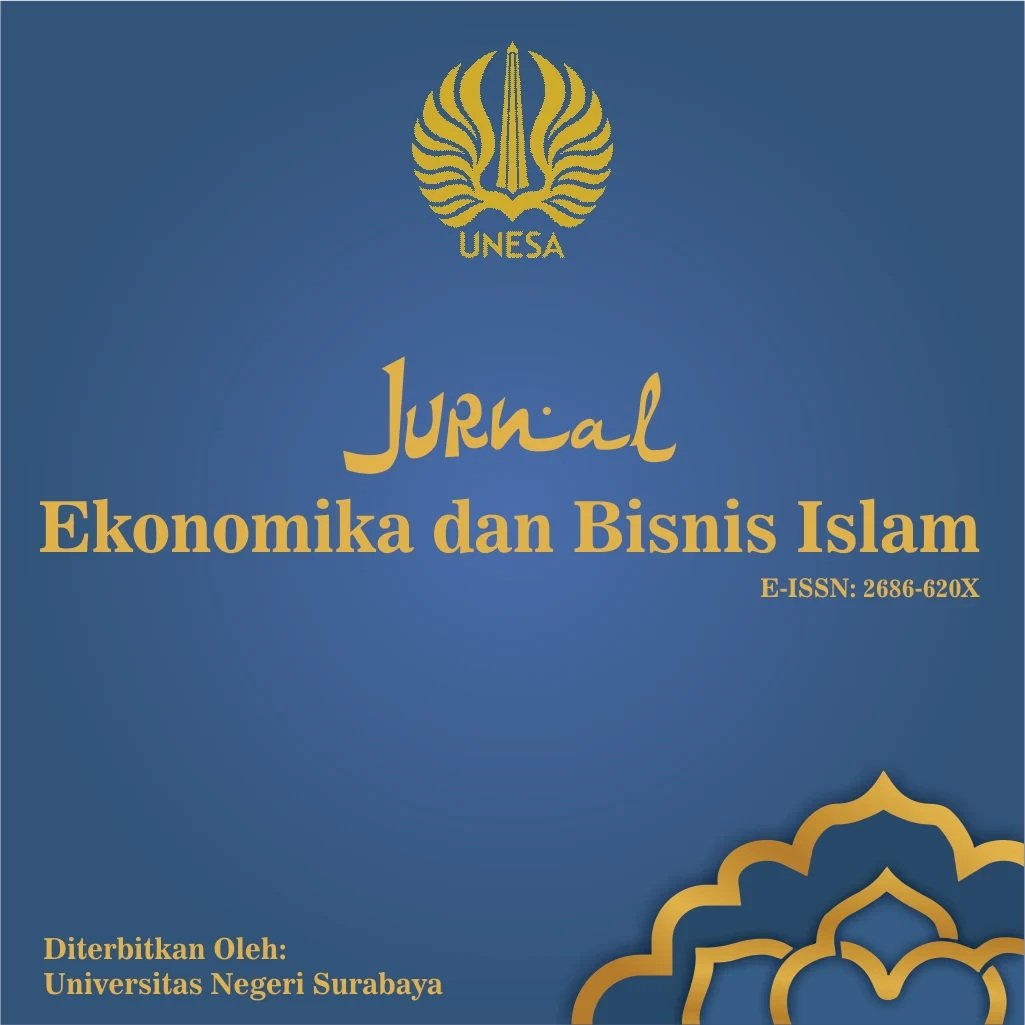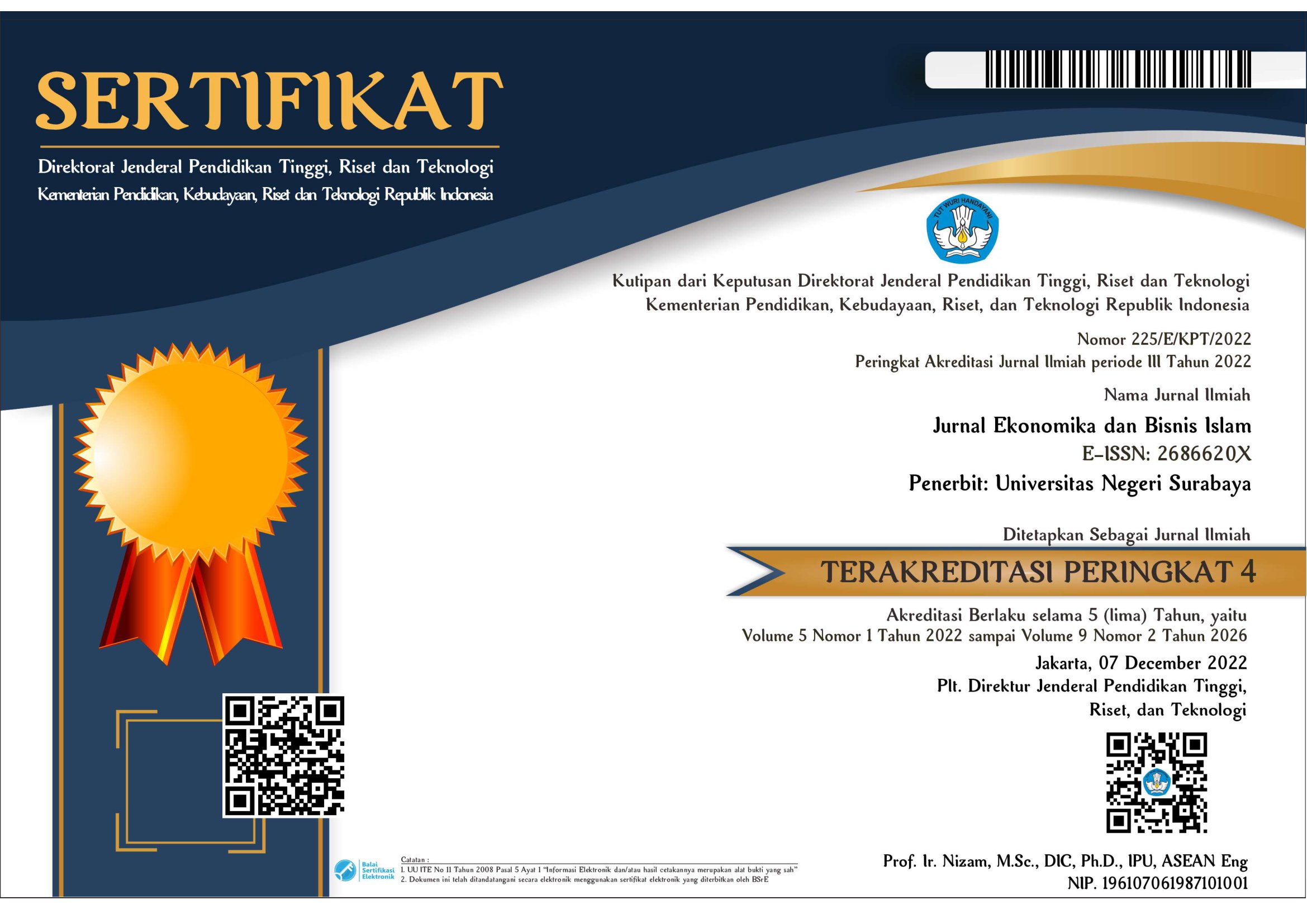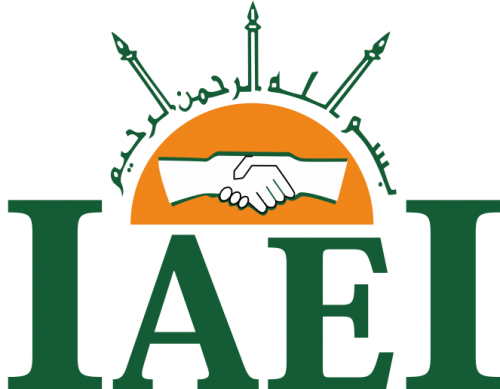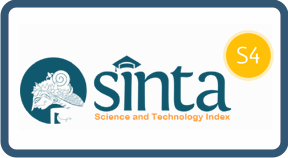The Determinants of Poverty in Indonesia, How Digitalization and Islamic Bank Play a Role?
DOI:
https://doi.org/10.26740/jekobi.v7n2.p33-42Keywords:
Poverty, Digitalization, Islamic Bank, Foreign Direct Investment, Education, Economic GrowthAbstract
Poverty is a problem in developing countries resulting from the dualism of modern sector development that provides limited employment opportunities. The handling of the problem can be done by multidimensional policies based on economic and non-economic aspects. This study aims to analyze the effect of digitalization, foreign investment, education, economic growth, and Islamic banks partially on poverty in Indonesia. The object of observation is 33 provinces in Indonesia over 10 years from 2012 to 2021 and processed with static panel regression. The results showed that digitalization, foreign direct investment, and education have a negative significant effect on poverty. On the other hand, Islamic bank has negative and insignificant effect on poverty. Economic growth has a positive and significant effect on poverty. The implication of this research is that strengthening digital infrastructure and expanding access to education can have a positive impact on investment, while economic growth can in turn reduce poverty. This research contributes to providing recommendations on how strengthening digital infrastructure and wider access to education can reduce poverty in Indonesia.
References
Badan Pusat Statistik. (2023). Indikator Kesejahteraan Rakyat 2023.
Balasubramanian, P., Burchi, F., & Malerba, D. (2023). Does economic growth reduce multidimensional poverty? Evidence from low- and middle-income countries. World Development, 161, 106119. https://doi.org/https://doi.org/10.1016/j.worlddev.2022.106119
Bourguignon, F. (2004). The poverty-growth-inequality triangle. working paper.
Do, Q. A., Le, Q. H., Nguyen, T. D., Vu, V. A., Tran, L. H., & Nguyen, C. T. T. (2021). Spatial impact of foreign direct investment on poverty reduction in Vietnam. Journal of Risk and Financial Management, 14(7), 292.
Frisdiantara, C., & Mukhklis, I. (2016). Ekonomi Pembangunan: Sebuah Kajian Teoretis dan Empiris. Deepublish.
Galperin, H., Mariscal, J., & Barrantes, R. (2014). Internet and poverty: Opening the black box.
Haughton, J., & Khandker, S. R. (2009). Handbook on poverty+ inequality. World Bank Publications.
Herianingrum, S., Ernayani, R., Seto, H., Rayandono, M. N. H., & Fauzy, M. Q. (2020). The Impact of Zakat, Education Expenditure, and Health Expenditure Towards Poverty Reduction. Systematic Reviews in Pharmacy, 11(12).
International Labour Organization. (2019). Financing Small Businesses in Indonesia: Challenges and Opportunities.
Iqbal, K., Roy, P. K., & Alam, S. (2020). The impact of banking services on poverty: Evidence from sub-district level for Bangladesh. Journal of Asian Economics, 66, 101154.
Mance, D., Vilke, S., & Debeli?, B. (2020). Sustainable governance of coastal areas and tourism impact on waste production: panel analysis of Croatian municipalities. Sustainability, 12(18), 7243.
Muhamad. (2020). Makroekonomi Islam Suatu Pengantar (01 ed.). UPP STIM YKPN.
Nguyen, T. T., Nguyen, T.-T., & Grote, U. (2022). Internet use, natural resource extraction and poverty reduction in rural Thailand. Ecological Economics, 196, 107417.
Phan, V.-P. (2023). Is the internet penetration pro-poor? Evidence from a panel data analysis. Telecommunications Policy, 47(8), 102612.
Sukirno, S. (2022). Prinsip-prinsip Ekonomi. Penerbit KENCANA [Prenada Media]. Jakarta.
Syafril, S. E. (2020). Bank & Lembaga Keuangan Modern Lainnya. Prenada Media.
UNESCO. (2017). Reducing global poverty through universal primary and secondary education.
Wahyudi, S. T. (2016). Konsep dan penerapan ekonometrika menggunakan E-Views. Jakarta: Rajawali Pers.
Widarjono, A. (2023). Aplikasi Ekonometrika untuk Penelitian Keuangan Islam disertai Panduan Eviews dan STATA. UPP STIM YKPN.
Downloads
Published
How to Cite
Issue
Section
License
Copyright (c) 2024 Aryadimas Suprayitno, Sulistya Rusgianto, Samsul Arifin

This work is licensed under a Creative Commons Attribution 4.0 International License.
This work is licensed under a Creative Commons Attribution 4.0 International License.
 Abstract views: 569
,
Abstract views: 569
, PDF Downloads: 463
PDF Downloads: 463














